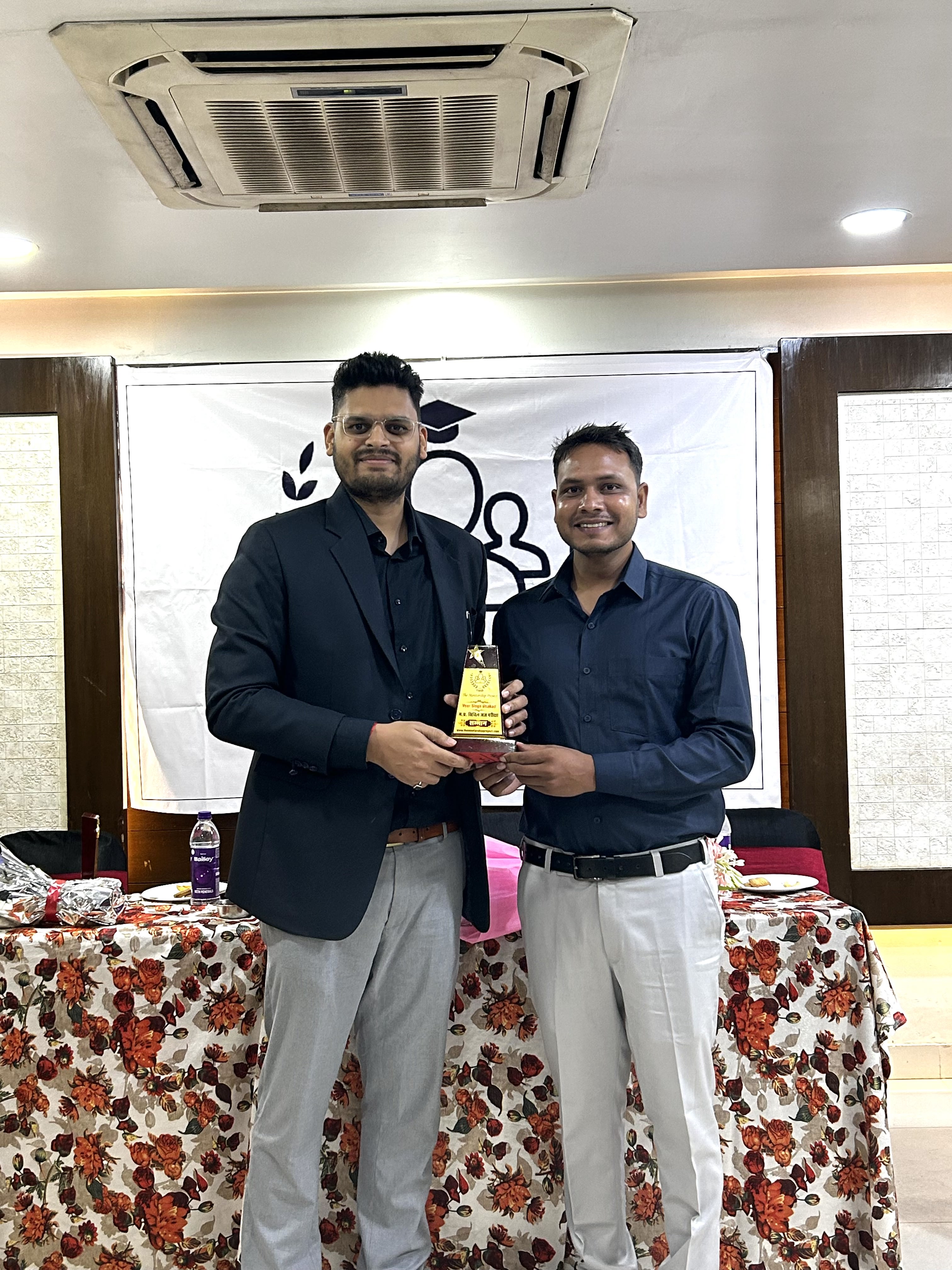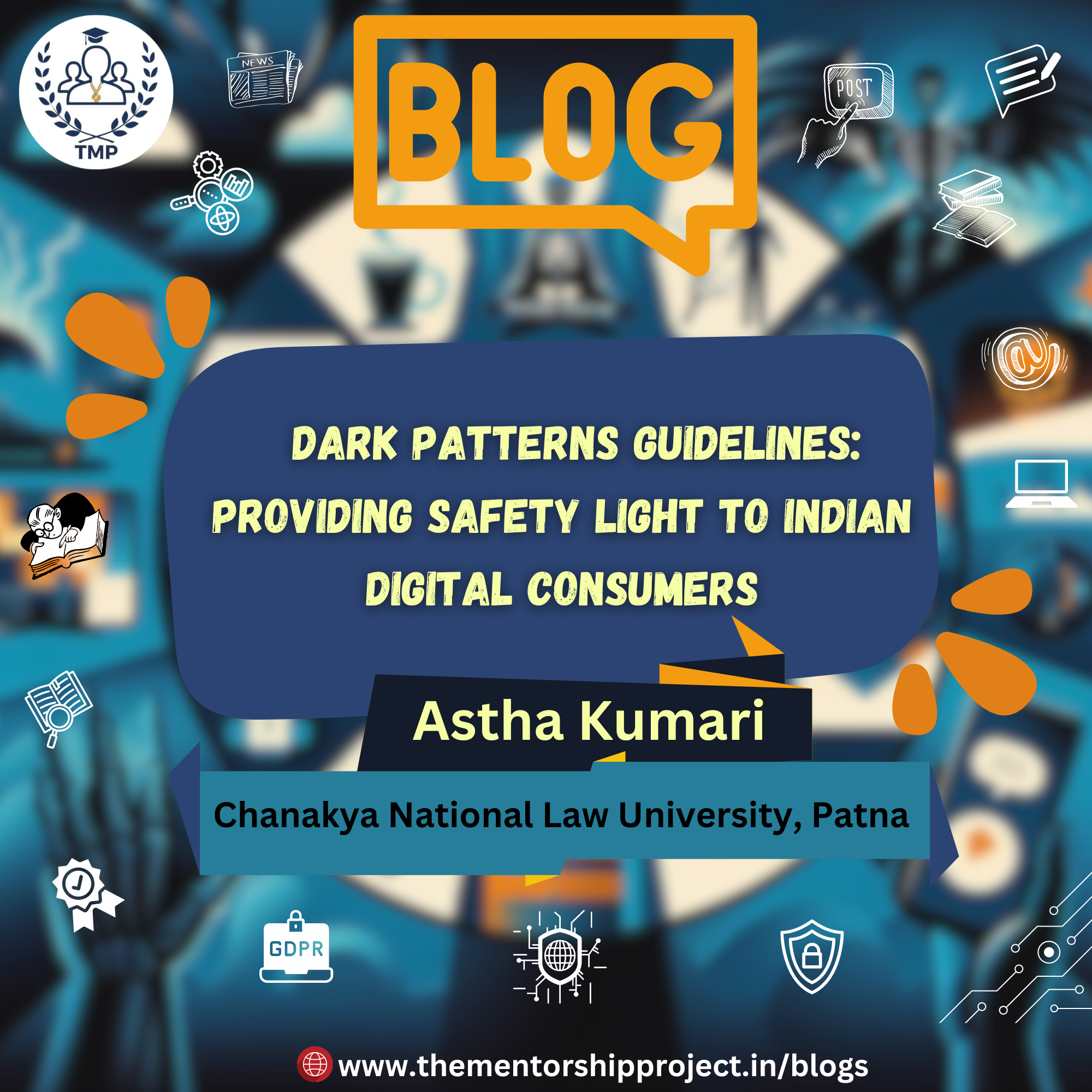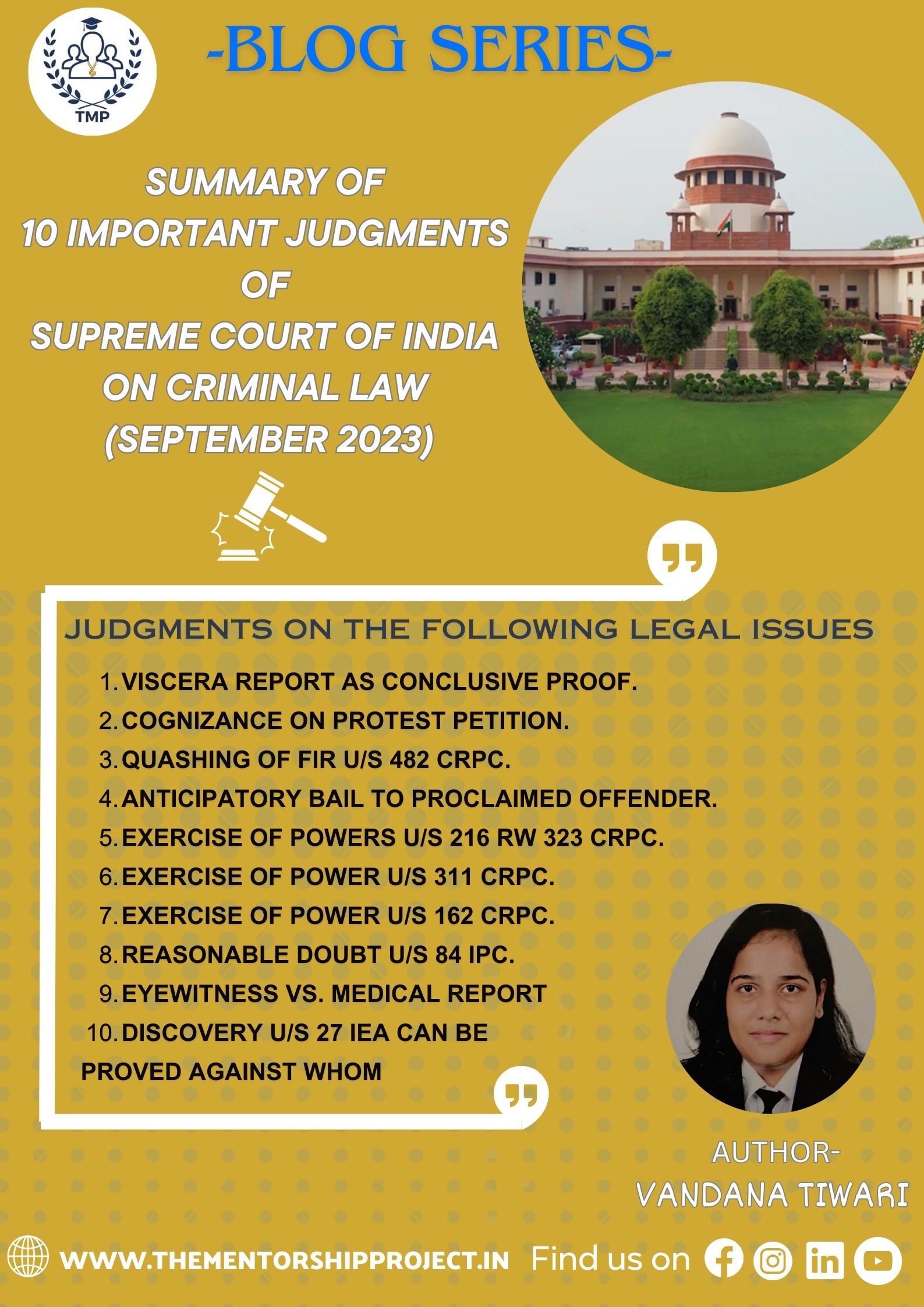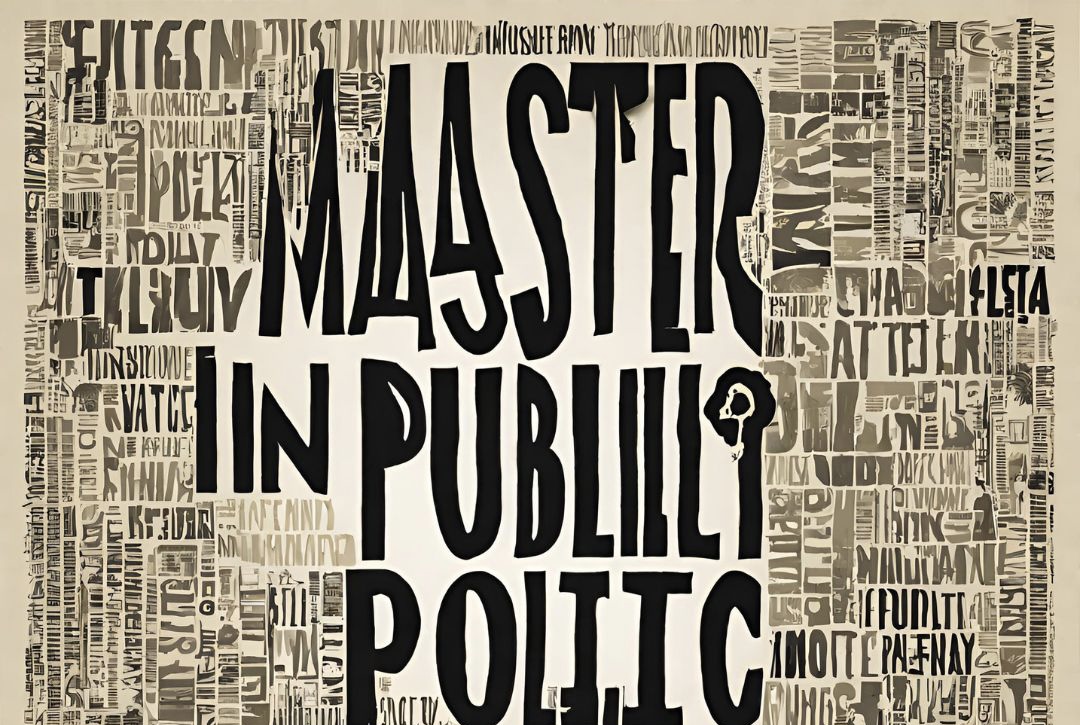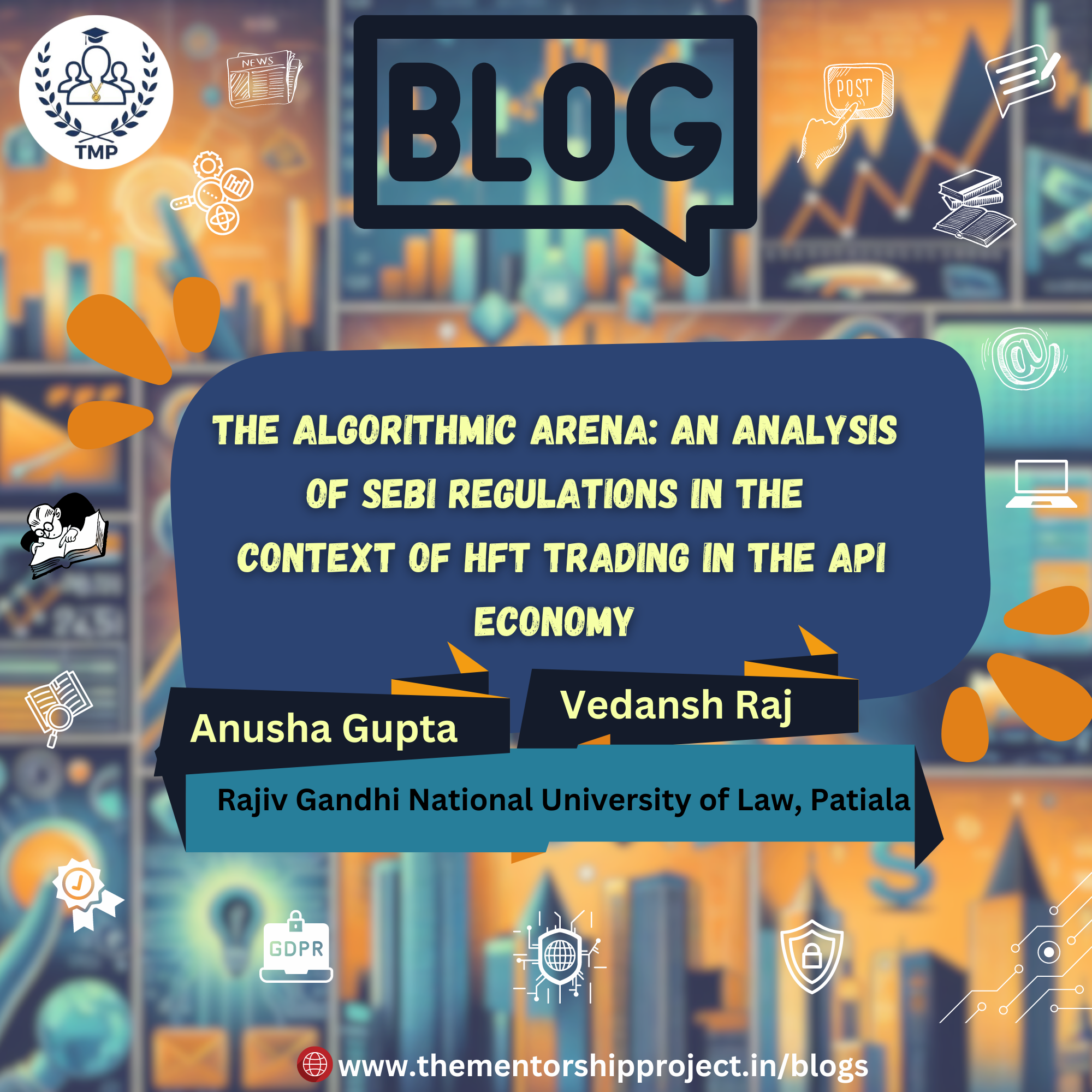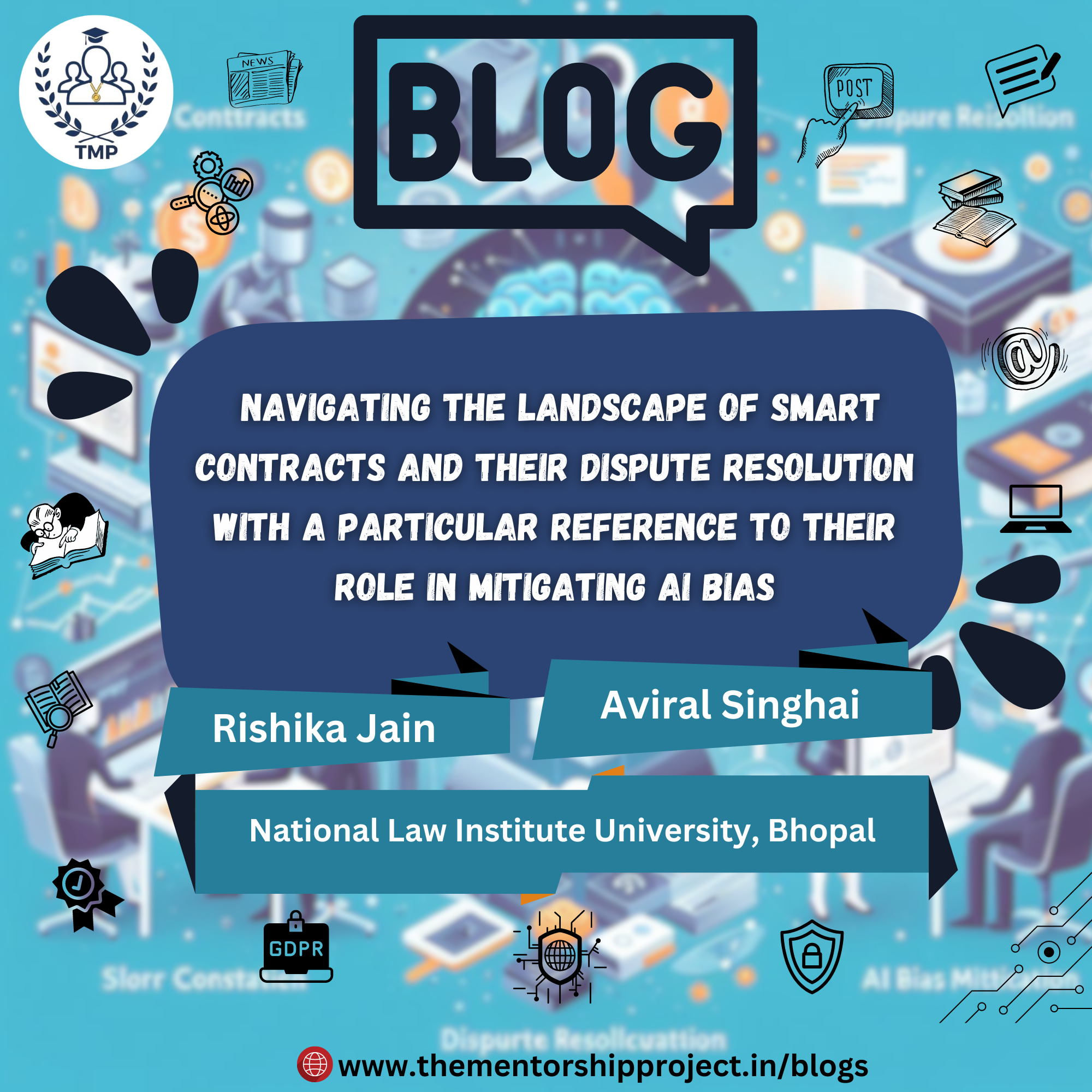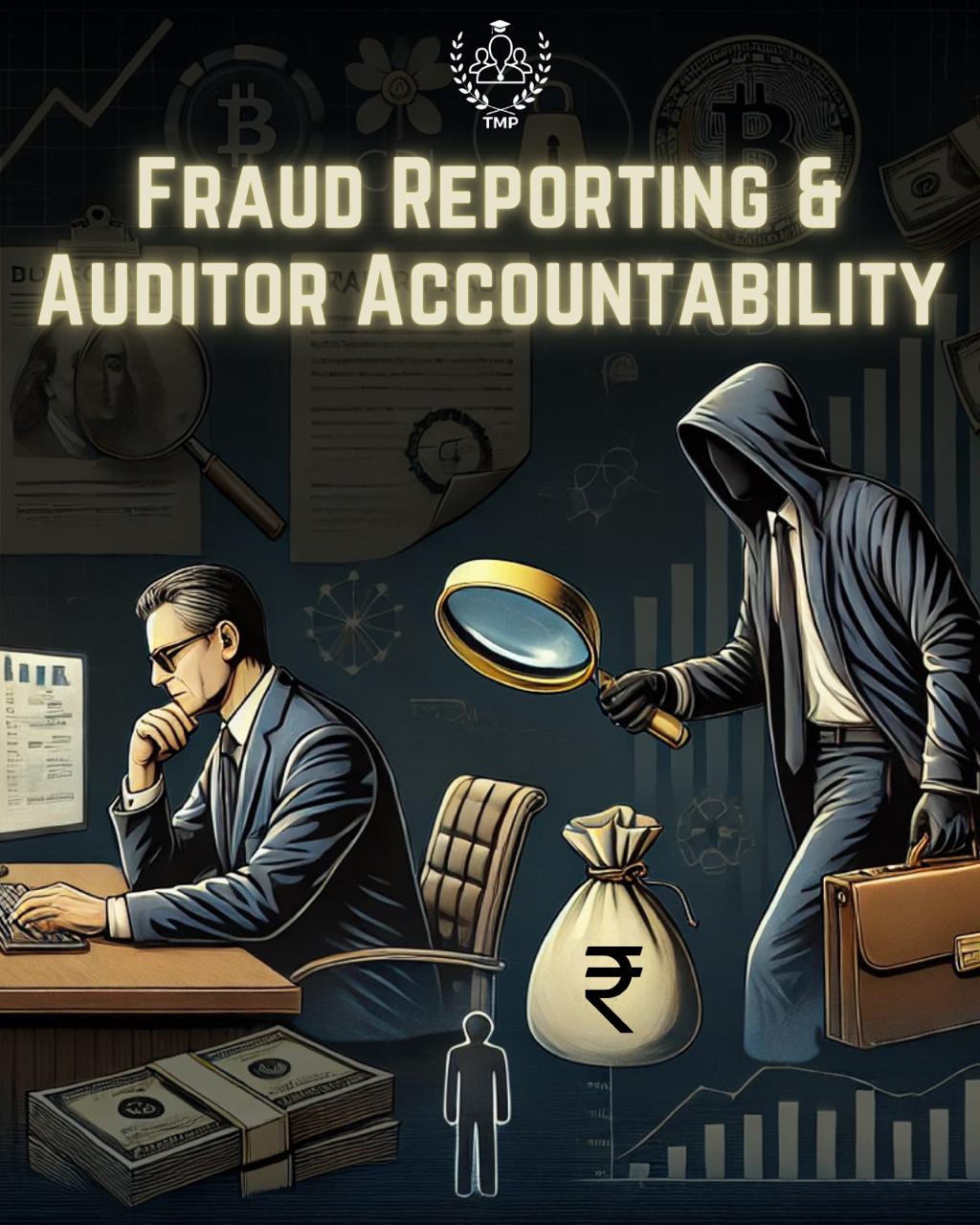September 16 , 2025
SHEILDING VULNERABLE APPELANTS: ENFORCING ANONYMITY RIGHTS IN MENTAL HEALTH APPEALS
ABSTRACT
Individuals with mental illness are faced with an inherent paradox when dealing with the justice system. It has become essential to create a balance between open justice while safeguarding vulnerable individuals from stigma and psychological harm. The blog puts forward critical gaps in anonymity provisions, examines international precedents and advances policy recommendations encompassing legislative reforms, specialized support mechanisms and judicial training. It also examines the importance of clear statutory guidelines to prevent identity disclosure.
Introduction
Fighting for rights shouldn’t mean losing privacy. Yet for many with mental illness, legal action exposes their deepest struggles. Is it justice if it leaves them permanently vulnerable? In the last 15 years, although the concept of mental health has been broadened to encompass people with relatively mild mental disorders and the promotion and protection of mental health in the general population, the courtrooms and justice system still feels neglected.
In a country like India, where mental health remains taboo in many areas, people often fear that disclosing the sensitive heal details could harm their personal and professional relationships. Eight in ten people (86%) reported that the fear of being stigmatized or discriminated against stopped them from doing things they wanted to do, including seeking help for mental health problems (61%), disclosing their mental health condition to friends or family (69%) or applying for a job or promotion at work (61%). Public disclosure of a person’s mental disorder during legal proceedings can result in lifelong discrimination and social ostracism.
There is still significant evidence that the label ‘mentally ill’ makes it more difficult to obtain work and housing, and to gain acceptance from peers and co-workers, regardless of the individual’s behavior. Furthermore, public scrutiny can aggravate existing mental health conditions or hinder recovery.
The article aims to analyze the current legal framework through the lens of various statutes by highlighting the urgent need for reform by identifying gaps, inconsistencies and areas of judicial discretion. It further provides policy recommendations grounded in a rights-based approach to ensure that legal proceedings protect both the privacy and procedural fairness of individuals with mental illness.
Legal Framework
In India, Section 23 of the Mental Healthcare Act 2017 (hereinafter “MHA”) enshrines Right to Confidentiality with respect of the mental health, mental healthcare, treatment and physical healthcare of mentally – ill people but we do not find any context of any facilities or cognition for the anonymity of mentally inflicted persons associated in a particular trial or litigation process. Additionally, Section 23(f) of the MHA permits the release of information if ordered by a competent authority, such as the High Court or the Supreme Court, serving as an exception to this Right to confidentiality.
Public proceedings may intimidate or destabilize individuals with mental illness, potentially impeding their ability to participate effectively in their defense or case, thus affecting the fairness of the trial. Anonymity allows for more humane treatment of litigants or defendants with mental disorders.
The legal system, however, has shown less consistency in allowing litigants to remain anonymous when mental health issues are the basis for these requests. While judges generally maintain varying approaches to these situations, there have been instances where individuals were granted anonymity due to extraordinary factors specific to their cases. The court in these cases considers whether the plaintiff has demonstrated an “exceptional” circumstance wherein their substantial privacy right outweighs the customary and constitutionally embedded presumption of openness in judicial proceedings.
Various jurisdictions provide statutory or judicial safeguards for maintaining the anonymity of such individuals. In the UK, the courts can use their inherent jurisdiction or invoke Article 8 of the European Convention on Human Rights to grant anonymity orders in civil or criminal matters involving individuals detained under mental health legislation.
In the case of Anonymous v. Legal Services Corp. of Puerto Rico the plaintiff filed a civil rights lawsuit claiming discrimination and wrongful termination while adding that public disclosure of his identity would cause severe emotional distress and stigma. Exceptionally, the Court granted the motion to proceed anonymously on the ground that his mental illness constituted exceptional circumstances, and that the disclosure of such details had minimal public interest for the case. This case exemplifies that anonymity in mental health proceedings is distinct from general confidentiality and hence needs special attention.
THE MENTAL HEALTH EXCEPTION: WHAT’S THE PROBLEM?
The mental health exception in court hearings creates a deep conflict between privacy and accountability. On the one hand, there is a requirement to protect the dignity, safety and therapeutic welfare of vulnerable people and on the other hand there is this need to ensure open justice, due process and public confidence in the courts. This friction forms the heart of privacy vs. accountability debate in mental health jurisprudence.
POLICY RECOMMENDATIONS AND SUGGESTIONS
- Definite guidelines under the Statute: Section 23(f) of MHA provides an exception for the release of information by order of the authority concerned. However, this provision remains vague, creating a state of ambiguity and offering no clear framework for addressing special cases requiring heightened confidentiality.
Section 23(f) should be amended to incorporate specific, detailed guidelines, like the Supreme Court's approach in the Vishaka case. It would ensure that cases where the right to privacy clearly outweigh the customary and constitutionally rooted presumption of openness are properly accounted for.
- Clarifying “Exceptional” in Mental Health Proceedings: The term “exceptional” must be well - defined to allow standardized use of anonymity protections. It might cover instances where there is significant psychological harm, past trauma, risk of stigmatization, absence of decision-making capacity, intrusive media coverage or risk of interference with treatment. These could be aligned with WHO standards of protecting mental health in legal proceedings.
- Sensitivity and Inclusivity: Legal professionals, including judges, lawyers and court staff, should undergo regular training on mental health awareness and its implications in the legal context. It ensures that they are equipped to make informed decisions about anonymity and the fair treatment of individuals with mental disorders and the stigma bound along with it. There can also be inclusion of Privacy Rights and Anonymity Obligations in the training curriculum of law enforcement and emergency responders in criminal cases.
Just like Mental Health Court are focused on mentally ill offenders, a special attendant would cater to a mentally ill appellant. A trained attendant can recognize when disclosure risks arise and intervene appropriately. Attendants can also help judges decide where the anonymity exception is valid and where not.
- Harmonization of Best Practices: Countries should work together through international forums and human rights organizations to share best practices in protecting the privacy of individuals with mental health conditions while ensuring accountability. The United Nations Convention on the Rights of Persons with Disabilities can serve as a guiding framework in these efforts.
- Periodic Review and Scrutiny: Anonymity orders should be subject to periodic review, especially in long-term cases, to assess whether ongoing anonymity is necessary. It can be complemented through the appointment of independent mental health professionals to assess the individual’s condition and advise on whether public disclosure could harm the person’s mental health or hinder a fair trial.
- Enforcement of Media Compliance: Strict adherence to anonymity policies should be applied to media sources, mandating journalists and news agencies to be bound by law to obey court-ordered anonymity. It would include refraining from disclosing any identifying information of individuals with mental disorders involved in legal proceedings, even in cases where the details are publicly accessible. Non-adherence should be punishable with a substantial fine, upholding significance of shielding vulnerable individuals from unwanted exposure, stigma and potential harm.
The principle of open justice that underpins transparency and public confidence in the legal system must be carefully balanced against the fundamental rights to privacy and dignity of individuals with mental disorders. The current legal framework including provisions under the MHA inadequately addresses anonymity in legal proceedings. It leads to inconsistent judicial practices and uncertainty.Inclusion of safeguards within the statutory framework ensures procedural fairness for all litigants and strengthens public trust in the administration of justice. Recognising and protecting the unique vulnerabilities of persons with mental illness does not equate to shielding them from justice but rather facilitates their meaningful participation in legal processes free from undue harm or stigma.


